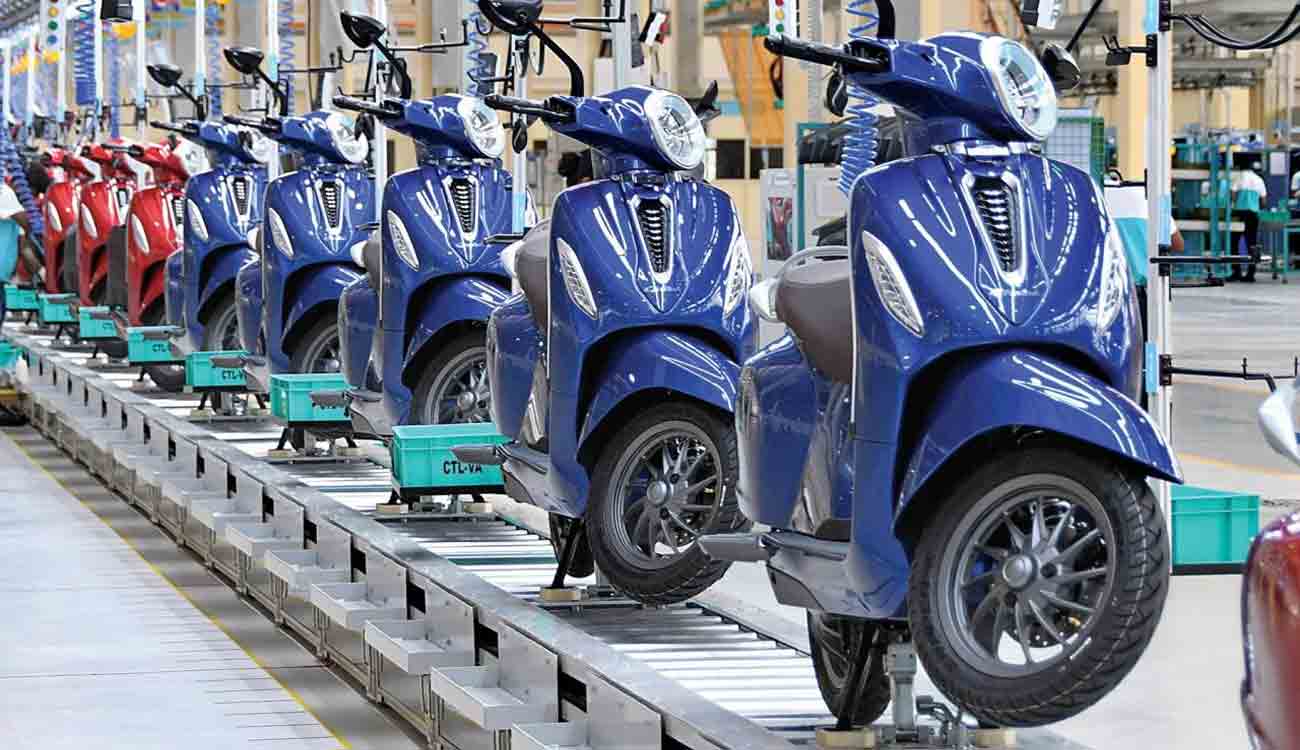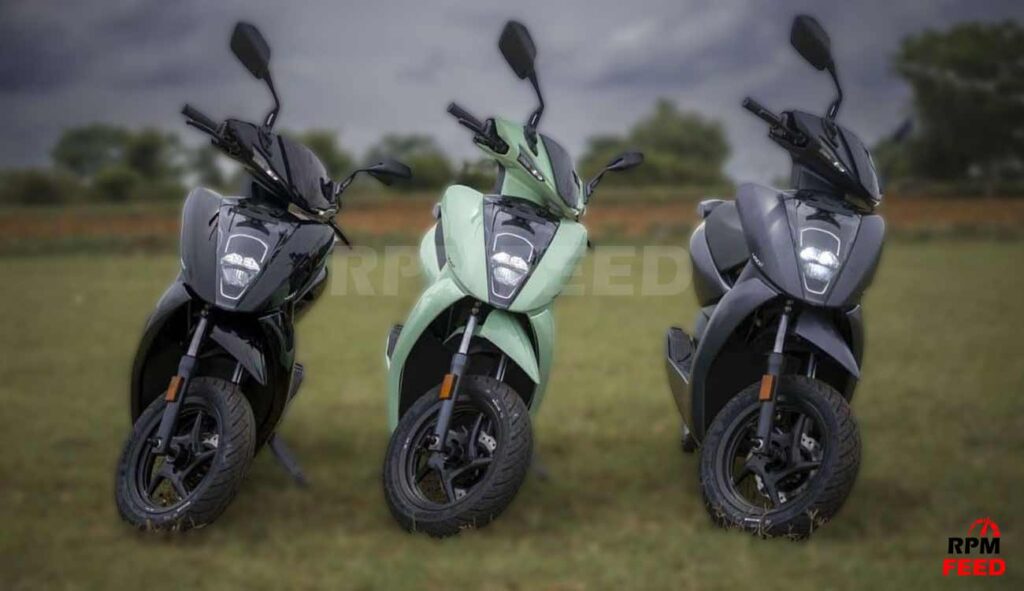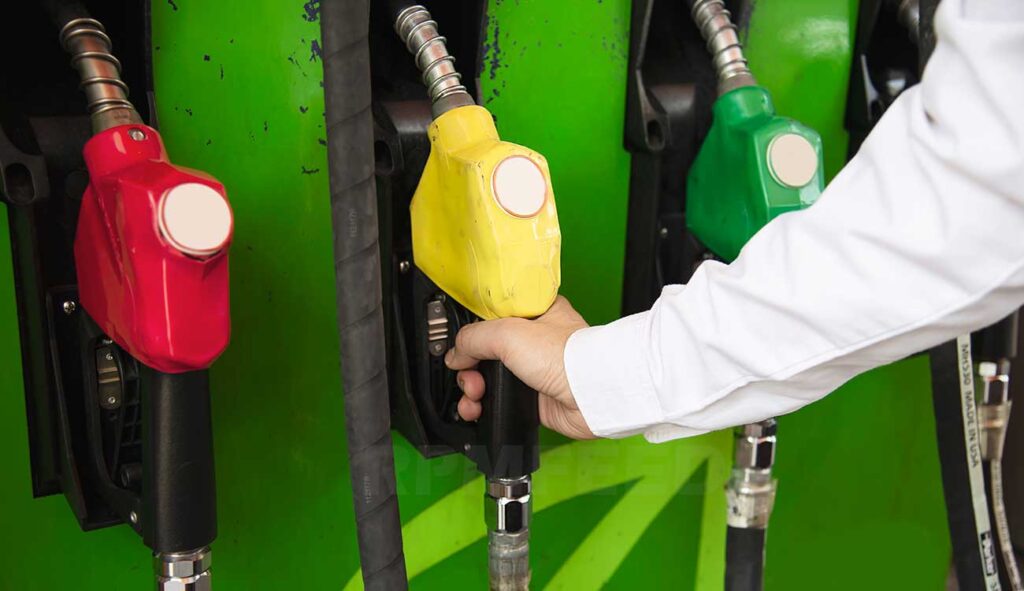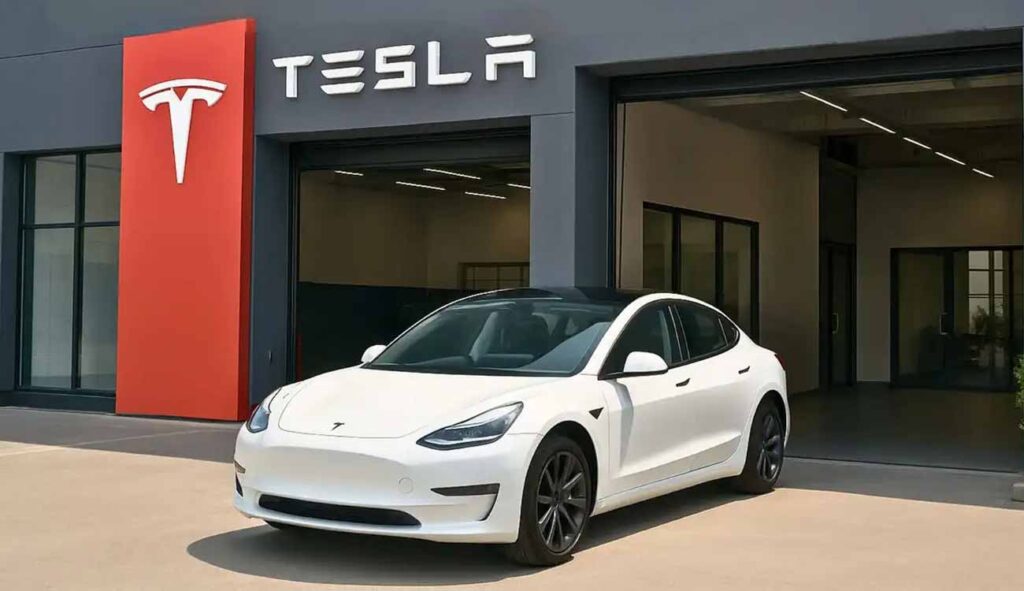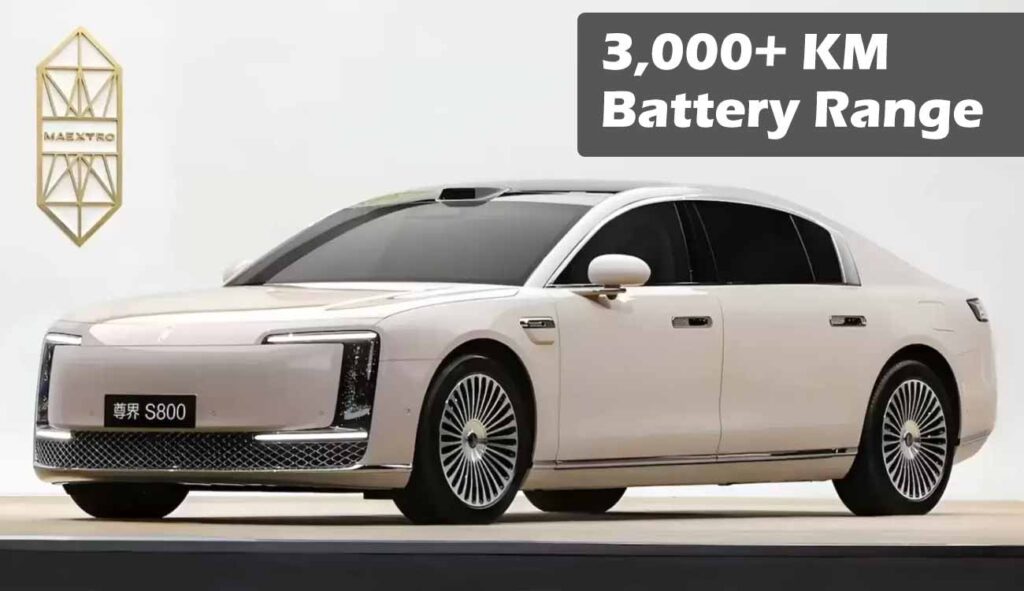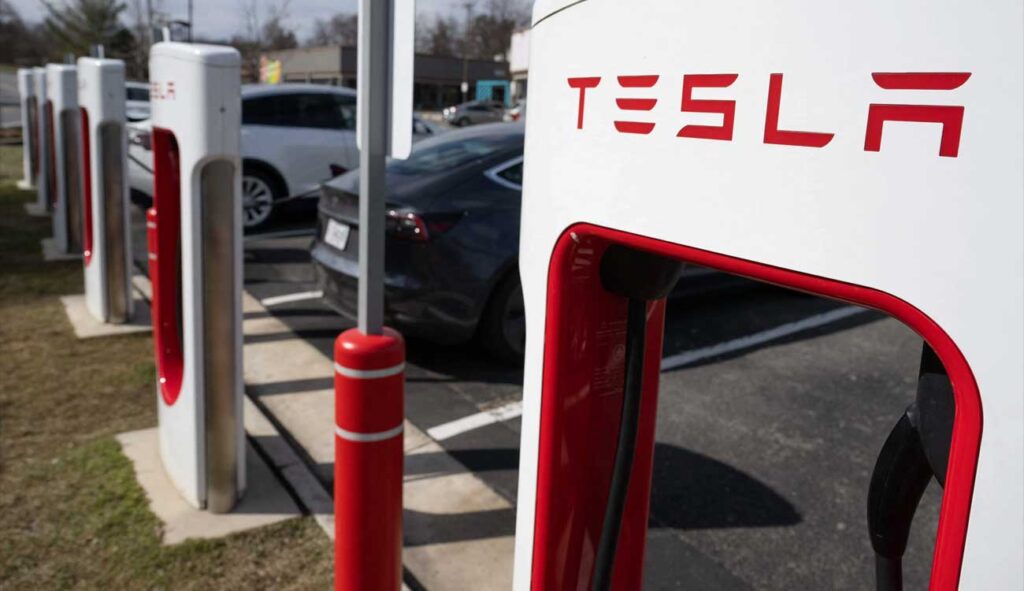Bajaj Auto is facing a critical roadblock in its electric vehicle (EV) production plans as a severe shortage of heavy rare earth magnets threatens its operations. These magnets play a key role in EV motors, and the disruption in their availability has set off alarm bells, not just for Bajaj but for India’s broader EV ecosystem.
A Looming Production Halt
Rajiv Bajaj, Managing Director of Bajaj Auto, has left no room for ambiguity about the crisis’ magnitude. “Our production is already halved this month, and we might face a complete stop in August if the shortage persists,” he explained. The repercussions would be severe, affecting market leadership, revenue, and even the company’s EBITDA, which is now bolstered by a profitable EV portfolio.
Supply Chain Challenges
The shortage stems from India’s heavy reliance on China for rare earth magnets, a bottleneck that has disrupted the supply chain for Bajaj’s electric scooters (like the Chetak) and its popular three-wheelers. Though smaller manufacturers may cope for now with limited inventory, Bajaj Auto’s high production volumes and the impending festive season demand make it especially vulnerable.
Long-Term Solutions, Short-Term Constraints
Switching to alternative motor technologies or sourcing magnets from non-Chinese suppliers is on the table, but Rajiv Bajaj points out that these options come with their own set of challenges. “Redesigning products or reworking the supply chain isn’t something you can achieve overnight,” he remarked.
The Need for Policy Intervention
Rajiv Bajaj also highlighted the need for proactive support from policymakers. While informal discussions around easing domestic value addition (DVA) norms under India’s Production Linked Incentive (PLI) scheme are ongoing, no concrete decisions have been made. “What we need is transparency and clear guidance from the government,” Bajaj emphasized.
Potential Ripple Effects
The larger picture is even more concerning. The rare earth magnet shortage could create a ripple effect across the EV industry. From component suppliers to EV dealers, the broader ecosystem could face financial strain. Rajiv Bajaj expressed particular concern for small entrepreneurs and their employees, many of whom have invested heavily in the expectation of policy stability.
A Setback to EV Adoption
The shortage comes at a time when EV penetration is gaining significant momentum in urban markets, particularly in the scooter segment, which now commands a 25% share in major metros. According to Rajiv Bajaj, the shortage could risk breaking the trust of consumers who have come to expect EV options as the standard.
Maharashtra’s Delayed EV Subsidies
The crisis is further compounded by delays in EV subsidy reimbursements from the Maharashtra government. Bajaj Auto has been passing on state incentives to its customers but has received minimal reimbursement in return, straining its cash flow. Rajiv Bajaj warns that prolonged delays could damage Maharashtra’s reputation as an investment-friendly state, especially in a dynamic sector like electric mobility.
Final Thoughts
The rare earth magnet shortage is a wake-up call for India’s EV industry. It highlights the critical need for diversifying supply chains and fostering local production capabilities. “While we understand the efforts being made, stakeholders need more clarity to plan effectively,” Rajiv Bajaj urged.
This crisis, if unresolved, risks not only stalling Bajaj Auto’s EV advancements but also derailing India’s broader ambitions to lead in electric mobility.
